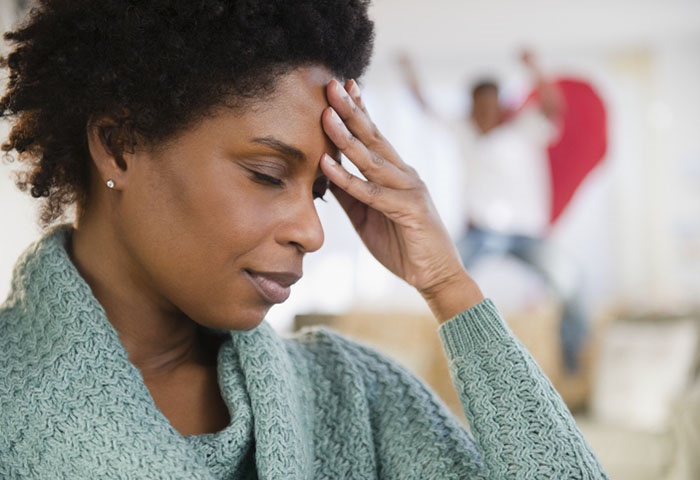
Forty-three per cent of women from across the globe reported feeling more anxious, depressed, isolated, overworked, or ill due to taking on even more unpaid care work as a result of the coronavirus crisis.
This, according to Oxfam International, a non-profit which has published its findings after surveying thousands of women and men from five countries, including the US, UK, Canada, the Philippines and Kenya.
"The reality is the pandemic is making existing inequalities much worse. If you are a woman – and especially if you are living in poverty," explains Oxfam's Gender Justice Director, Mar Moreno.
According to Moreno, the Oxfam findings are revealing a sad reality showing how women are spending much more time on cooking, cleaning, shopping and caring for their families, than their own health and wellbeing.
And while the Oxfam survey did find that men have also taken on extra care work during the pandemic, the poll shows that the majority of the workload continues to fall unfairly on women.
This was seen mainly in single moms, those living in poverty, women from minority racial and ethnic groups, and from communities without access to necessary infrastructure and services.
A total of 6,385 people were surveyed several weeks into the pandemic.
Three national polls were conducted in the US, UK, and Canada, together with two surveys in poor urban communities in the Philippines and informal settlements in Kenya.
- How Covid-19 is exposing the unpaid and perpetual work of mothers in the home
- 'I am going crazy!': Another mom shares how lockdown is affecting her family
- Covid-19: An opportunity to rethink how working parents share household and childcare duties?
The results showed:
More than half of the women surveyed reported spending more hours on cooking, washing, cleaning, and caring for children and family members since the pandemic began.
More than 50% of the men surveyed also said their unpaid care workload had increased, but the polling revealed that men and women have mismatched views of how fairly care work is shared within their families.
For example, in the US, 66% of men reported that were cooking and cleaning as much as or more than women were, but only 35% of women agreed.
Prior to the Covid-19 pandemic, Oxfam shares that women were already carrying the heavier load within their families, completing 2.5 billion hours of unpaid care work daily.
This amounts to three times more than the hours of daily care work done by men.
Single Filipino moms based in urban poor and marginalised communities told Oxfam researchers that their unpaid care work has increased by five hours during the pandemic.
Forty-three per cent of the 3,558 women polled reported that for them, increased anxiety, depression, lack of rest, inadequate sleep, and physical illnesses had been the result of the increased hours.
Twenty-six per cent of women based in Nairobi's informal settlements said that the too experienced poor physical health and increased anxiety due to the uptick in care responsibilities.
The same was reported in the UK, where 33 per cent of British women reported higher levels of stress and anxiety rising to 43 per cent for female essential workers.
- Women's careers on the line as lockdown regulations leave childcare unaccounted for
- OPINION | 'I forgot that you’re a dad': Will working from home boost gender equality?
- The lockdown is lifting but the pressure is still on for working moms
Women living in poverty and women from ethnic and racial minorities more likely to suffer economically.
Forty-two per cent of women surveyed in Nairobi's informal settlements said they were unable to do their usual paid work because of increased care commitments.
According to Oxfam, the disproportionate amount of care work done by women across the globe is due to harmful stereotypes that consider care work to be women's work and less skilled or valuable than paid work.
"The coronavirus has highlighted the tremendous importance of care work for healthy individuals, societies and economies. This must not be forgotten as we rebuild after the pandemic," concludes Moreno.
Has your workload at home increased since the start of lockdown? Find our details below and tell us.
Chat back:
Share your story with Parent24. Anonymous contributions are welcome.
Email: Share your story with us via email at chatback @ parent24.com




 Publications
Publications
 Partners
Partners











